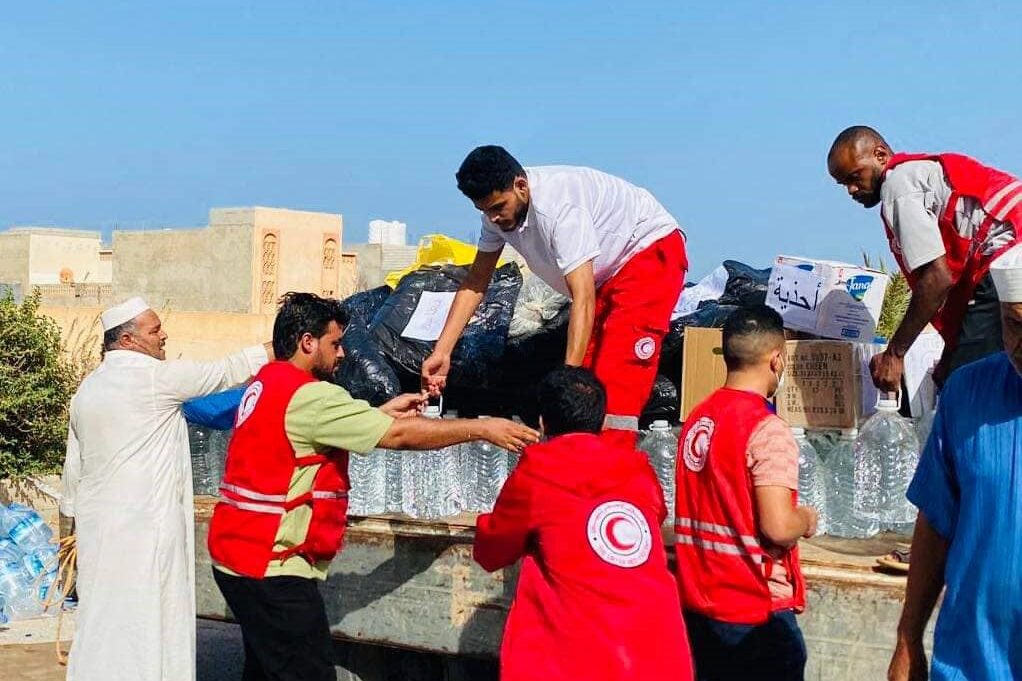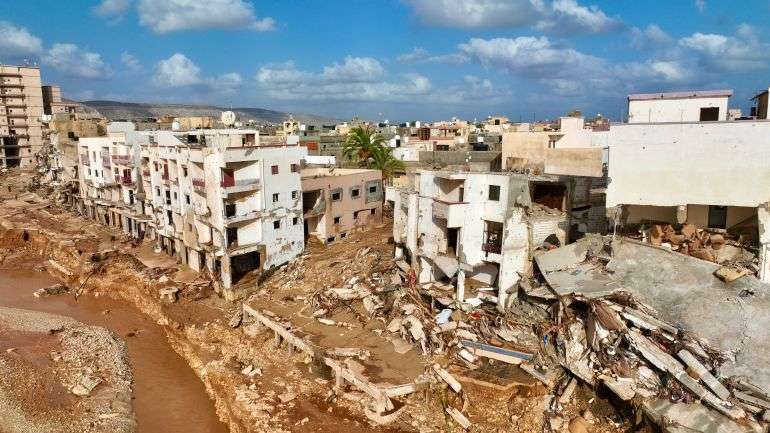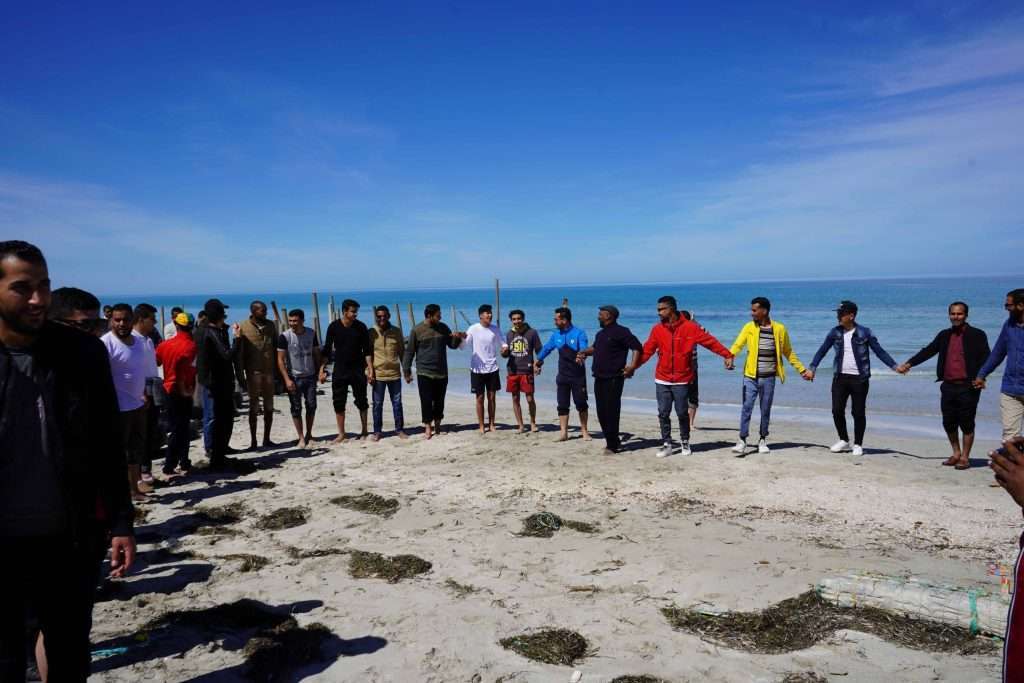We have worked in Libya since 2013, supporting peacebuilding and local development initiatives in more than 40 communities across the country’s three regions.
The aftermath of the Arab Spring has led to the re-emergence of numerous historical conflicts, resulting in heightened tensions within and between Libyan communities. The prevailing political divisions and the existence of multiple governments have further exacerbated these challenges, underscoring the critical importance of peacebuilding efforts.
PCi works side by side with Libyan peacebuilders to foster local, regional, and national peace initiatives. We focus on supporting our partners with practical tools and knowledge for peacebuilding so they can effectively intervene in resolving community conflicts and make local governance structures more inclusive of women, young people, and marginalised groups. Additionally, PCi advises humanitarian and development actors working in Libya on how to deliver projects in a conflict sensitive way.
Context overview
Libya is characterised by political violence, polarisation, and instability. Since the 2011 revolution, rival authorities have been fighting over power, resulting in a constant division. The two contested governments in the east and west are a prominent example of the ongoing division. Armed groups also have significant influence, often aligning with politicians and forming alliances with other armed groups, exacerbating instability.
Furthermore, regional and international actors have been involved since Muammar Gaddafi’s overthrow, supporting and funding factions, adding complexity to the situation. The ongoing power struggle has led to dire consequences, including humanitarian crises, forced displacement, and impeded prospects for sustainable peace and development.



